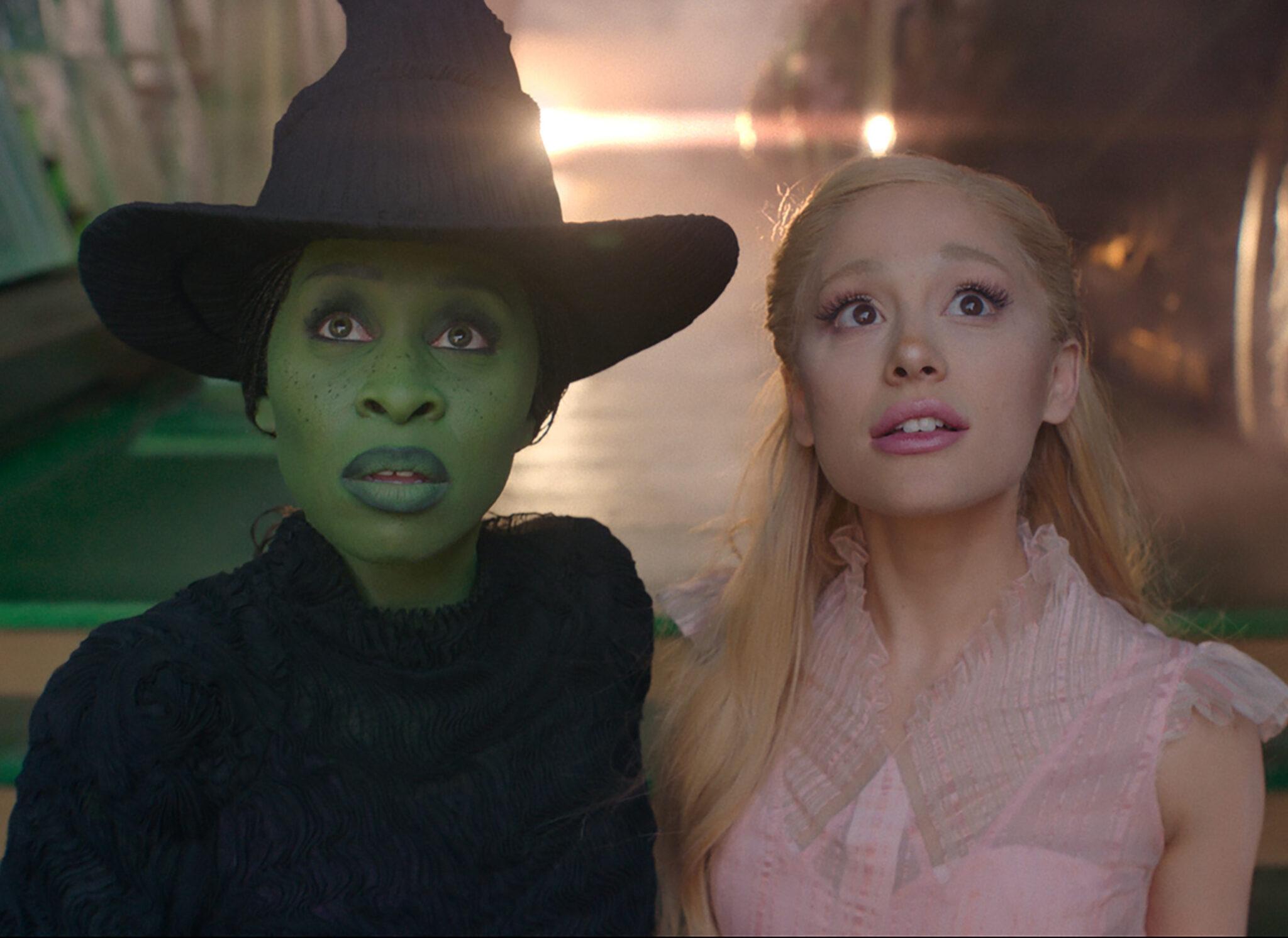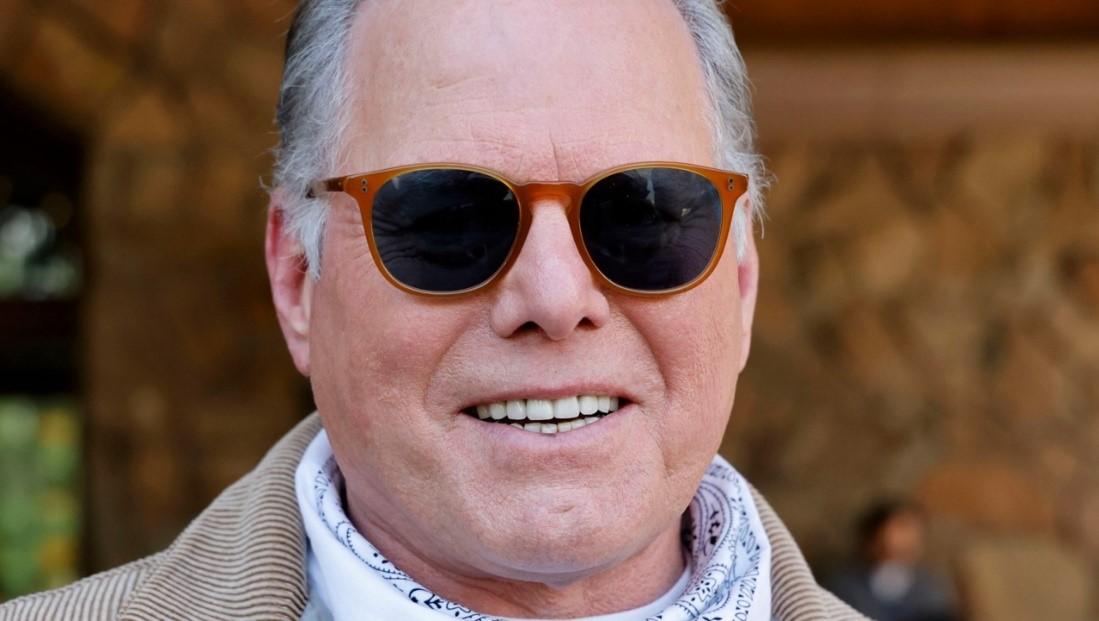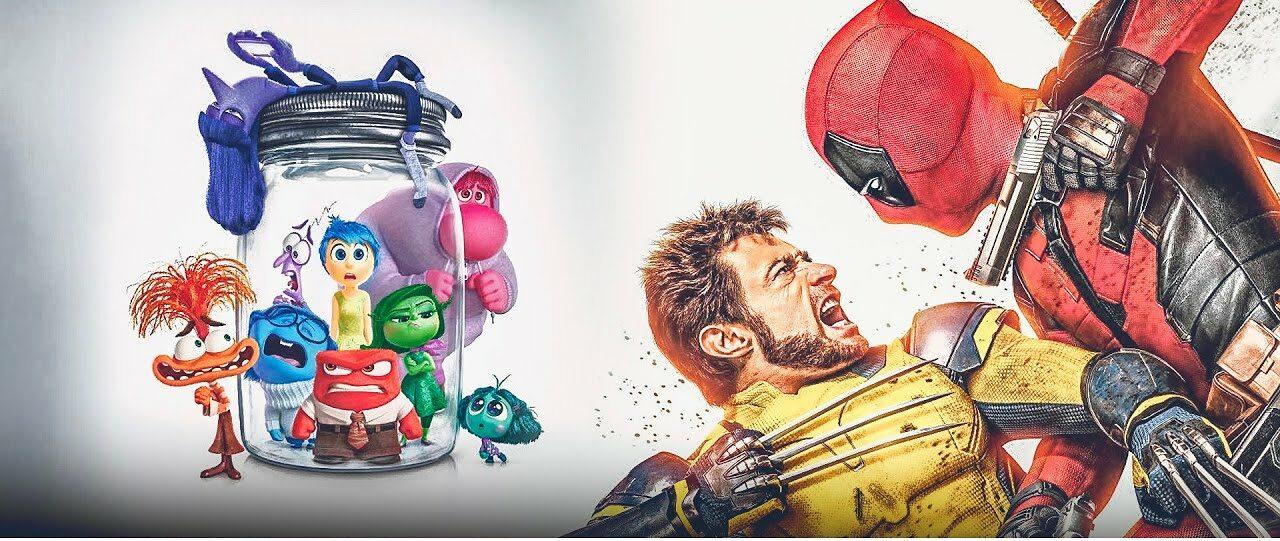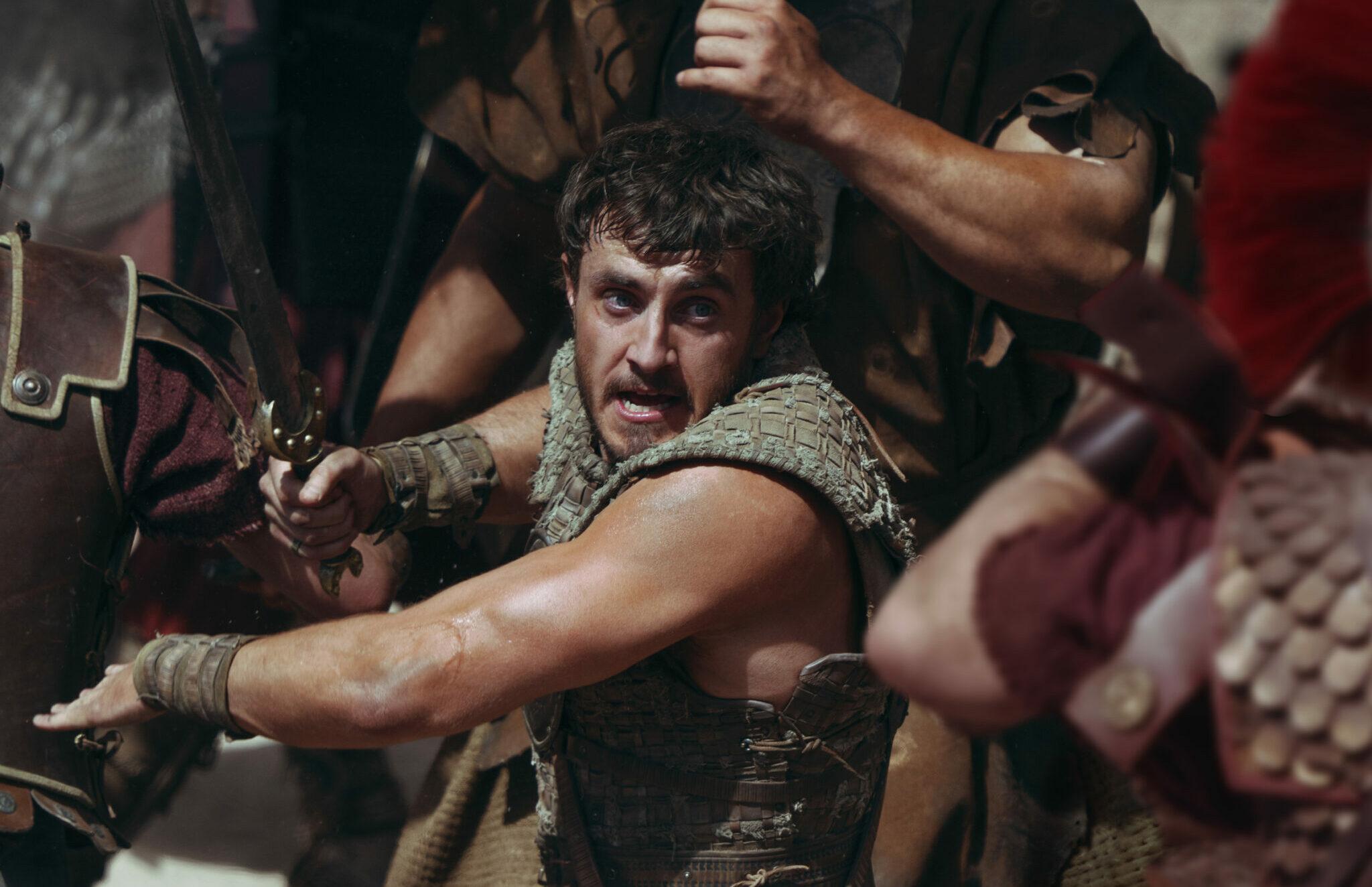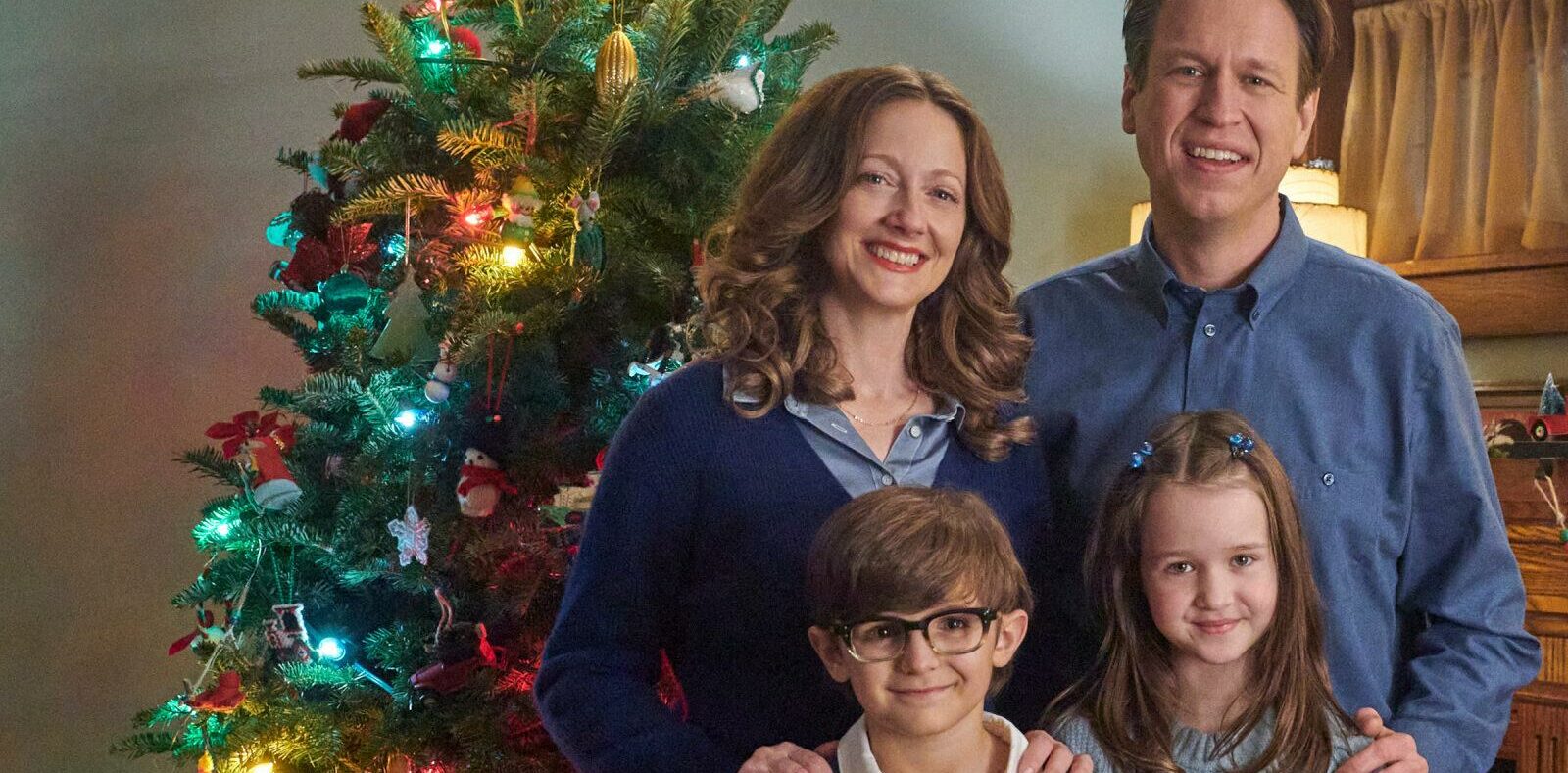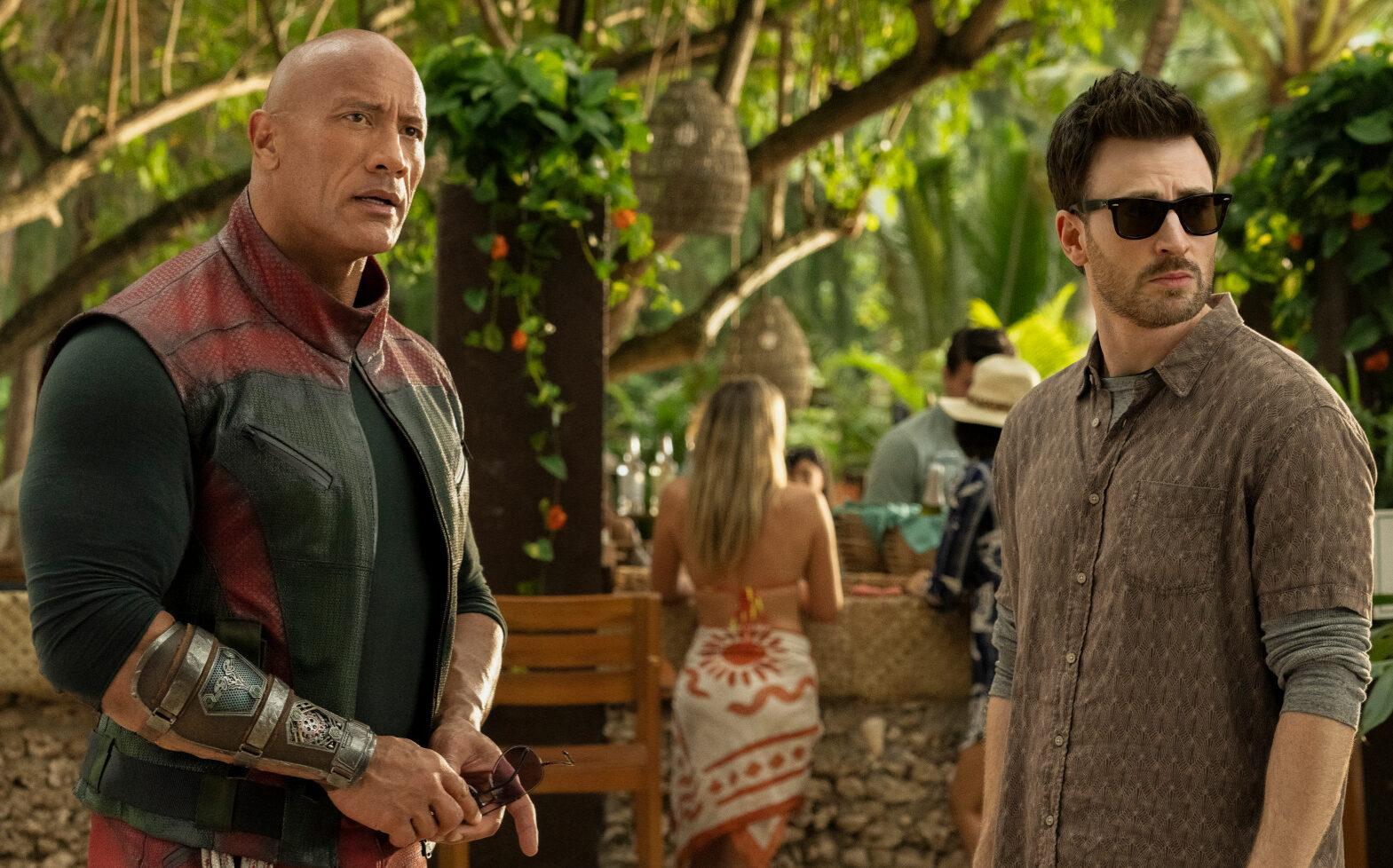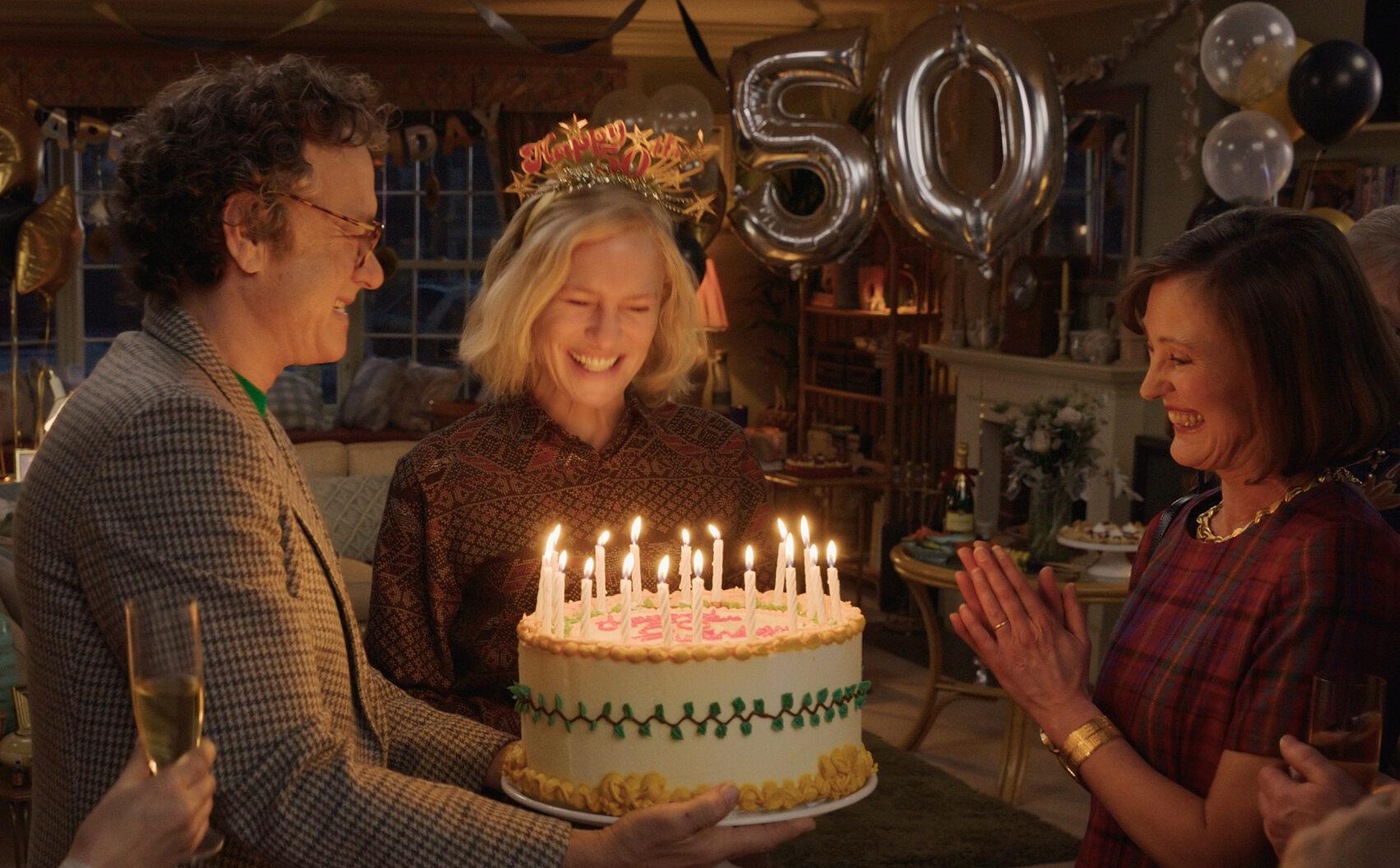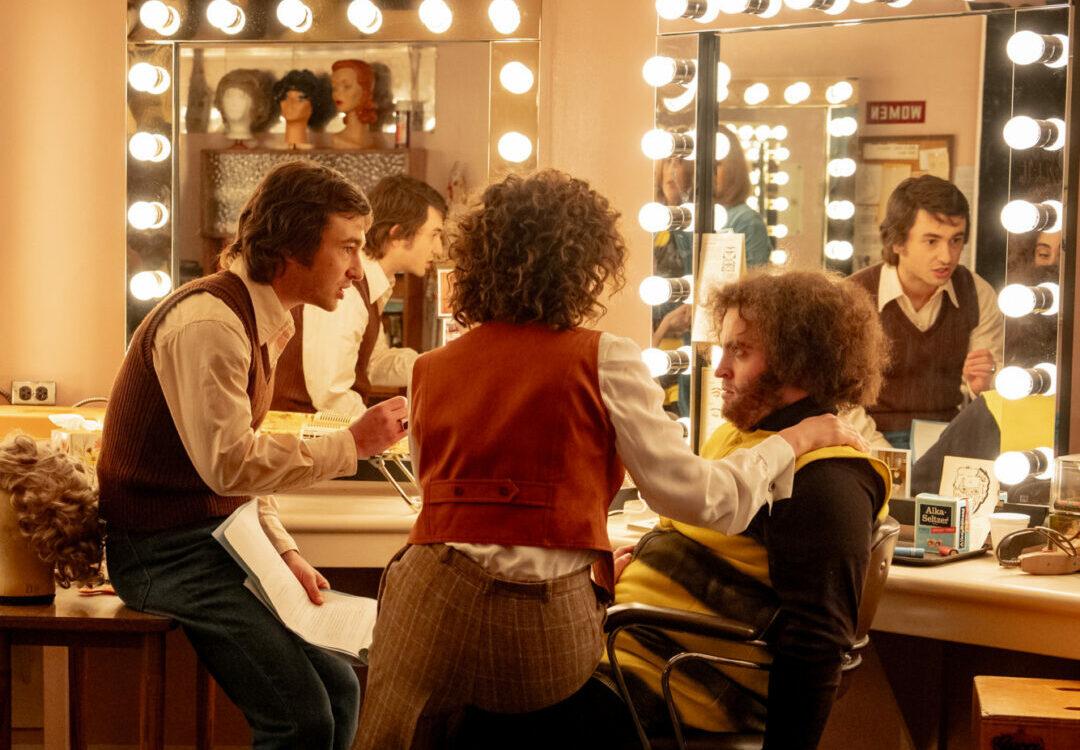VERDICT: This adaptation of the Broadway musical – the first half, anyway – offers a lot of craft but not enough magic.
There’s no faulting Wicked — or, as the title card reads, Wicked: Part I — for a lack of timeliness: It’s a story about a show-biz huckster who becomes a ruler of the great land, keeping his power by spreading lies and creating fear, putting his most vulnerable citizens in cages, and demonizing a powerful woman of color.
But for all the zeitgeist that this Broadway hit brings to the big screen, Jon M. Chu’s Wicked never quite, to quote its biggest hit number, defies gravity. The lead actors make an impact, and the costumes and sets dazzle the eyes, but the story doesn’t catch fire as anything but a prequel to a story viewers know all too well.
The show’s most beloved songs, “Defying Gravity” and “Popular,” are given suitably lush screen treatment, but overall, the tunes and the choreography blend into forgettable mush. It all plays like the cinematic equivalent of The Gump from Return to Oz, a lumbering creature that’s part sofa and part moose.
Superfans of the musical — which has been running on Broadway since 2003 and has spawned countless touring, regional, and high-school productions — will no doubt delight in Chu’s respectful handling of the material; for all its shortcomings, this isn’t a fiasco on the level of Cats or Dear Evan Hansen. But those encountering this material for the first time may wonder what all the fuss is about since anyone who’s ever seen a movie already knows how it turns out for the characters in The Wizard of Oz.
It’s how those characters got there — and everyone’s previous perceptions of who’s a hero and who’s a villain — that forms the thesis of Wicked, which began as a novel by Gregory Maguire before composer Stephen Schwartz and librettist Winnie Holzman (who gets not one but two writing credits on the movie) turned it into a musical. The film begins at The Wizard of Oz’s climax, with the Wicked Witch of the West defeated, and Glinda, the Good Witch of the North, reassuring the citizens of Munchkinland that their long national nightmare is over. But one plucky young girl asks Glinda if it’s true that she and the recently-melted-by-Dorothy witch were once friends, which kicks off a lengthy flashback.
There was once a girl named Elphaba, born with green skin and scorned by her father and other children alike. As a young woman, Elphaba (Cynthia Erivo) drops off her younger sister Nessarose (Marissa Bode) at Shiz University; when Elphaba loses her temper and displays her Carrie-esque gifts of telekinesis, she attracts the attention of sorcery instructor Madame Morrible (Michelle Yeoh), who insists that Elphaba attend the school as well. As is the case with many freshman roommates, Elphaba is immediately at odds with the pretty, vain Galinda (Ariana Grande), who wears nothing but pink and has the rest of the student body wrapped around her perfectly manicured fingers.
The relationship between Elphaba and Galinda — Green Girl vs. Mean Girl — is where Wicked shines brightest, mainly because Erivo and Grande are playing their roles to the hilt. Elphaba’s eyes burn with the fury of someone who has remained silent while being scorned and belittled by others, Galinda hunger for the love that she manipulates other people into showering upon her.
It helps that both of these performers can belt to the back rows, even if Grande’s articulation isn’t always precise. (During her opening number as Glinda — a name variation she adopts halfway through — I couldn’t hear a single consonant come out of her mouth.) Their quiet moments land as well, particularly an intimate pas de deux the two perform on a crowded dance floor.
Wicked eventually delves into the chicanery of the Wizard (a game Jeff Goldblum) and the political undercurrents of the plot, which includes robbing intelligent animals of their ability to speak and reason by putting them in cages, but that half of the story never blends smoothly with the boarding-school intrigue. And except a number in a school library — with students in spinning bookshelves-as-hamster-wheels, like something out of 2001 — the big dance sequences are neither inventive nor memorable.
There’s a general airlessness to the film’s look, and that can’t be blamed solely on CG imagery and animation; the “Rock DJ” number in the upcoming Robbie Williams biopic Better Man is steeped in VFX, and yet it’s a far more exciting musical moment than anything Wicked can manage.
Customer Paul Tazewell (West Side Story) and production designer Nathan Crowley (Wonka) provide all the flash, dazzle, and eccentricity that an Oz-set film should have, but the sets and outfits can do only so much in a 160-minute movie that fairly quickly wears out its welcome. The plan is for audiences to rush back to theaters next year for Part Two, but one could be forgiven for ducking out during that twelve-month-long intermission and not coming back.

